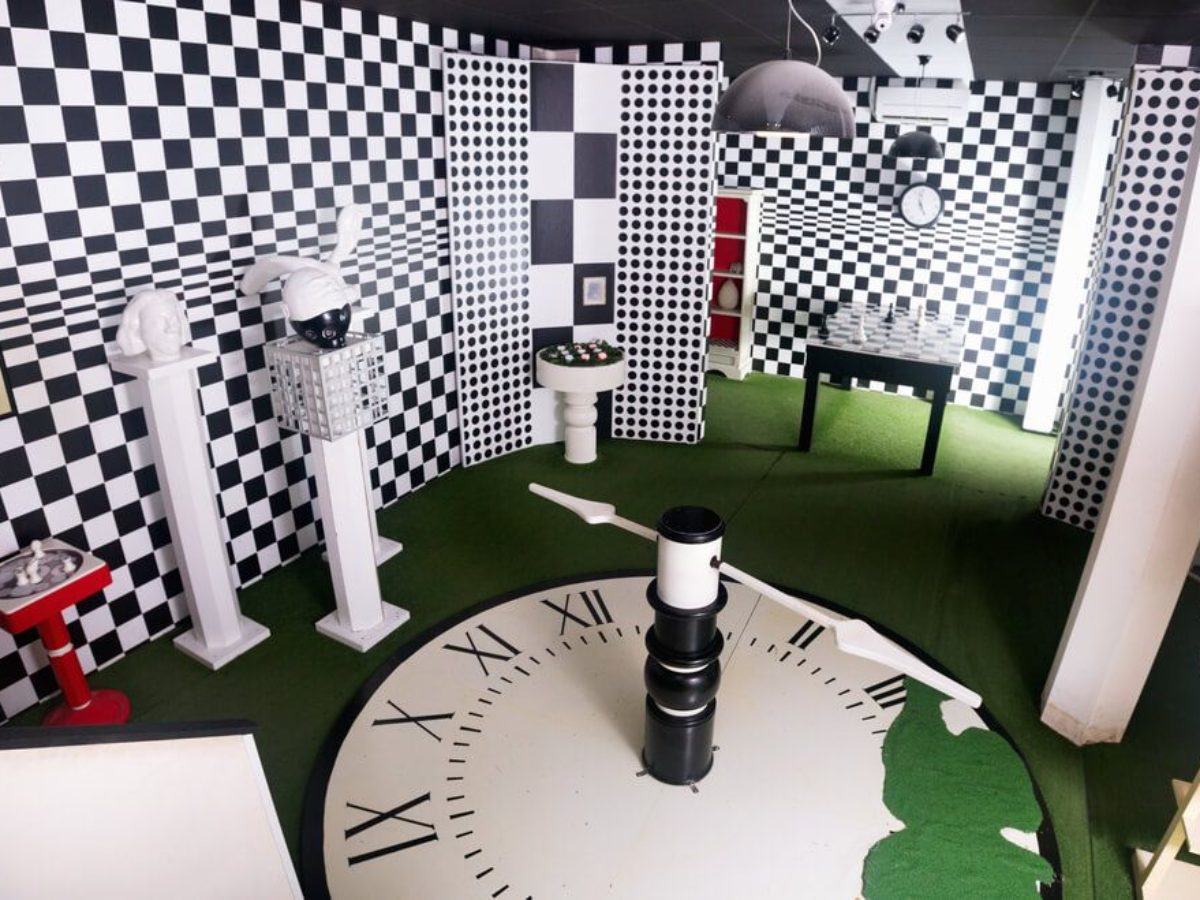Team Approaches: Exactly How to Team up Successfully in an Escape Room
Teams need to actively pay attention to each member's insights, designate roles that align with individual staminas, and preserve normal check-ins to ensure emphasis and protect against redundancy. By promoting an environment that values communication and flexibility, groups can considerably enhance their effectiveness and success rates.
Establish Clear Communication

To facilitate clear communication, it is necessary to assign a central factor of get in touch with for info dissemination. This function includes summing up findings and proposed techniques to ensure everybody continues to be on the same page. Additionally, embracing an organized strategy to discussions can stop disorderly exchanges. For example, quick, concentrated updates from each employee can maintain the team notified without overwhelming them with details.

Appoint Functions Tactically
While clear interaction sets the foundation for efficient team effort, appointing roles strategically makes certain that each team participant's toughness are made use of successfully. In a getaway room scenario, the time-sensitive and complex nature of difficulties necessitates an efficient approach to task delegation. By identifying and leveraging private proficiencies, teams can enhance their analytical capacities and enhance general performance.
A person with a keen eye for information may excel in locating hidden items, while a logical thinker can be much better fit to resolving problems. This role often requires strong organizational and social skills.
2nd, ensure that functions are adaptable and versatile. As new challenges arise, the group should be able to pivot, reallocating jobs as required. This flexibility helps keep momentum and protects against traffic jams that can happen because of stiff function assignments.
Ultimately, a critical approach to duty task not only makes best use of the staminas of each staff member however also fosters a cohesive atmosphere, driving the group in the direction of a successful escape.
Use Diverse Skills
Identifying and taking advantage of the diverse skills within your team can significantly raise your performance in a retreat space. Each staff member brings special staminas to the table, and properly leveraging these abilities can accelerate analytical and enhance overall performance. For read here instance, a group participant with solid logical skills could excel at decoding complicated codes or patterns, while another with eager empirical capabilities may promptly identify covert ideas that others could overlook.
Effective communication is vital to making use of these varied abilities. Encourage staff member to voice their insights and ideas immediately, making certain that all possible solutions are thought about. This comprehensive method cultivates a vibrant setting where imagination and crucial thinking can thrive. Additionally, designating tasks that line up with each member's strengths can prevent bottlenecks and make sure that progress is constant.
Moreover, diversity in abilities commonly converts to diversity in assuming styles, which is vital in an escape space setting. While some challenges may require sensible reasoning and precision, others could take advantage of creative and lateral reasoning. By acknowledging and leveraging this diversity, groups can deal with a more comprehensive series of difficulties better, therefore raising their possibilities of a successful escape.
Manage Time Efficiently

First, designate preliminary mins for a quick survey of the area. Recognize noticeable challenges and separate tasks based upon team participants' staminas, making sure that no one is still. Establish interior time checkpoints to evaluate progress regularly; as an example, goal to have half the puzzles addressed by the mid-point of the game. This technique can help keep the group focused and prevent time from slipping away unnoticed.
Furthermore, prevent one-track mind. If a problem read review is taking also long, rotate employee or carry on to an additional difficulty, returning later with fresh viewpoints. Communication is vital-- keep every person updated on fixed challenges and remaining jobs to avoid repetitive initiatives.
Last but not least, utilize any kind of hints or ideas sparingly however purposefully - best escape room. Understanding when look at this site to ask for help can save important time. By sticking to these time administration concepts, teams can substantially improve their possibilities of an effective and enjoyable escape room experience
Debrief and Show
Representation is a necessary facet of group development and enhancement in the context of retreat areas. When the challenge is finished, whether effectively or not, it is vital for the group to involve in a structured debriefing session. This procedure enables employee to assess their efficiency, determine toughness, and determine locations for improvement.
Begin the debrief by reviewing what went well. Highlight details instances of reliable interaction, problem-solving, and partnership. Recognizing these positive actions strengthens them and urges their rep in future challenges.
Following, attend to the barriers ran into. Discuss minutes of confusion, miscommunication, or inefficient methods. Urge an open and useful discussion where team members can share their point of views without concern of criticism. This promotes a culture of constant enhancement and knowing.
Verdict
In conclusion, effective collaboration in a retreat space is predicated upon clear interaction, critical duty projects, the effective utilization of varied skills, and skilled time management. By producing a cohesive and adaptive team setting, the chance of successfully addressing problems and achieving the purpose of running away the area is considerably boosted.